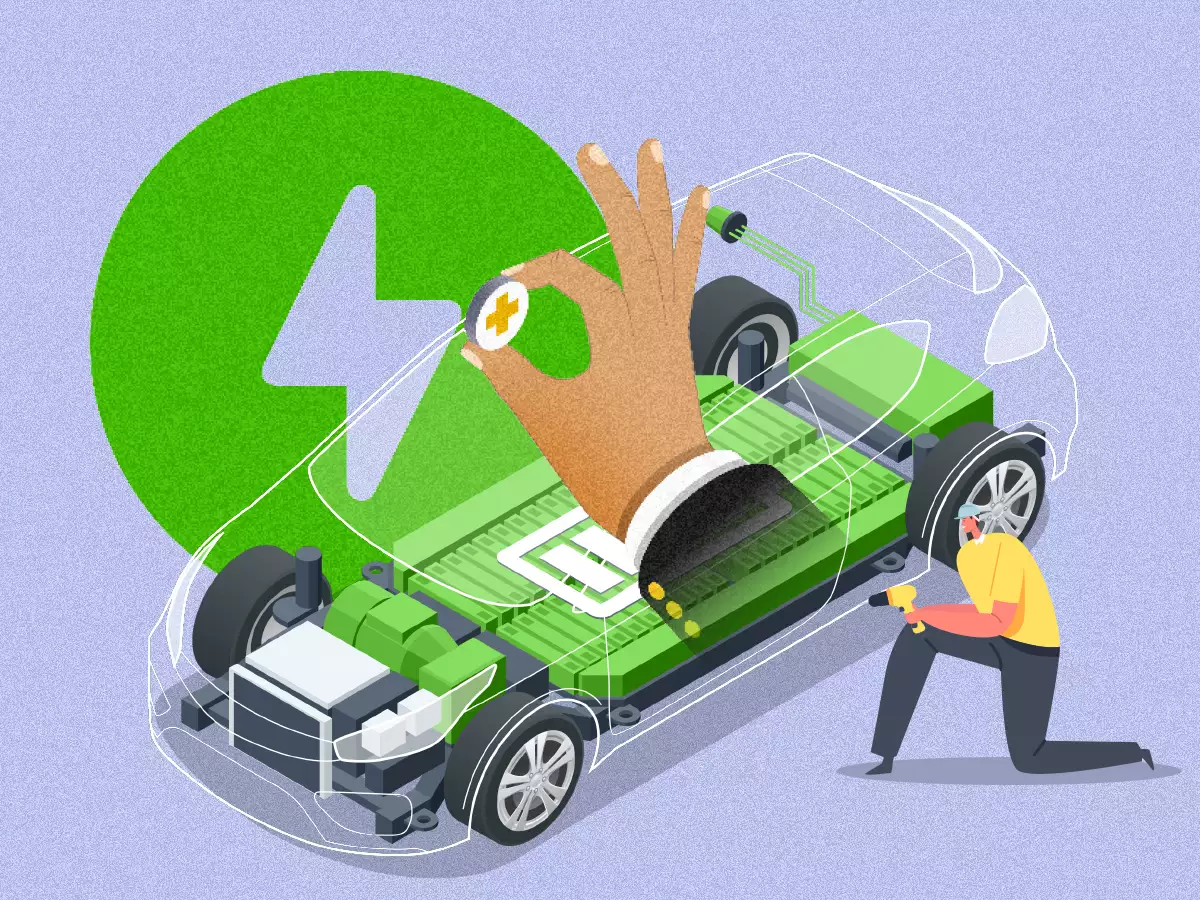
Officials aware of the plan said the new rules allow testing agencies to inspect premises of EV component suppliers providing parts to beneficiaries of the scheme.
Besides, they make it mandatory for the beneficiaries to disclose their source of components and inform the ministry of heavy industries (MHI) in case of any changes. The rules also give the Centre the right to recover any wrongfully gained subsidy under the scheme.
“EV parts shall be domestically procured. Some components will require safety testing as well,” a senior official told ET, adding that the test agency will have the discretion to verify assembly stations.
According to the latest rules, part suppliers will need to adhere to localisation norms that equate assembly with manufacturing. This new phased manufacturing programme (PMP) for EV components will be applicable from April 1, 2025.
“Testing agencies shall have discretion to seek further invoices down the supply chain line to ascertain that EV makers comply with PM E-DRIVE requirements,” the official said.
To enforce localisation, completely knocked down (CKD) import of all child parts for components from a single import source shall not be permitted.
A demonstration of assembly stations carrying out specified manufacturing and assembly activities at the supplier’s manufacturing plant is mandatory during inspections by test agencies.
Effectively, the government wants to weed out ‘trader businesses’ from the EV supply chain. This is because domestic suppliers will not be allowed to import finished components and supply them to PM E-DRIVE beneficiaries.
The PM E-DRIVE, like its predecessor Faster Adoption and Manufacturing of Electric Vehicles (FAME) scheme, is aimed at promoting sale of locally made units.
Disclaimer: The copyright of this article belongs to the original author. Reposting this article is solely for the purpose of information dissemination and does not constitute any investment advice. If there is any infringement, please contact us immediately. We will make corrections or deletions as necessary. Thank you.





